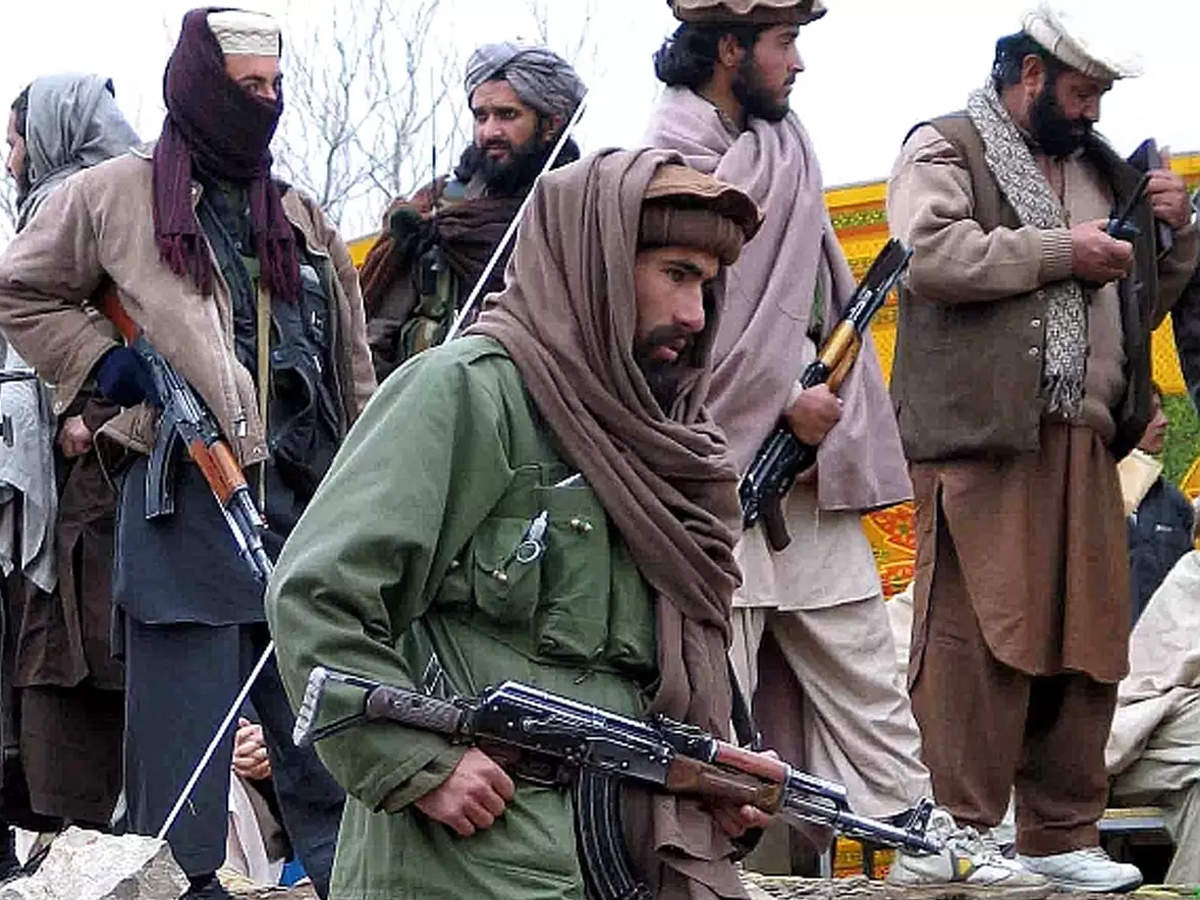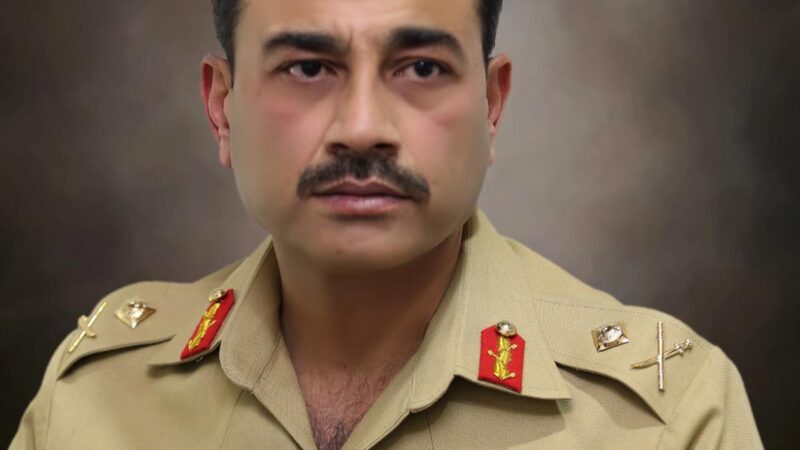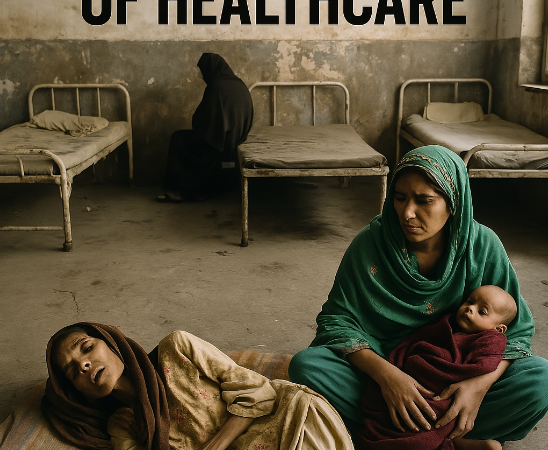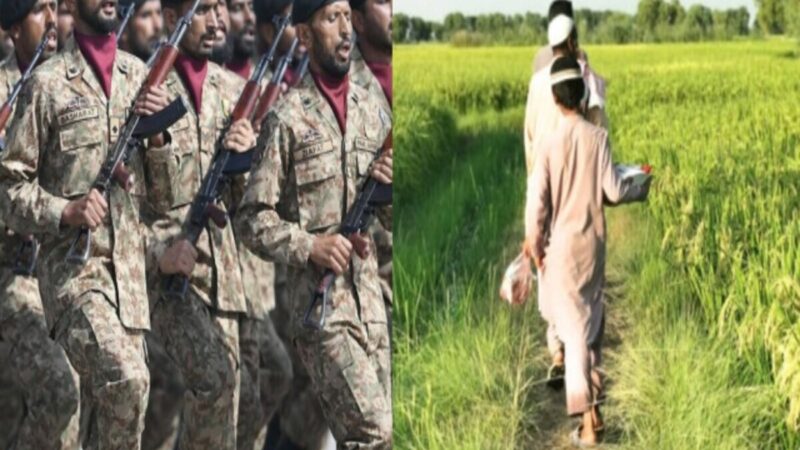Pakistan Wants The World To Wear Blinkers On Terrorism

Going beyond the diplomatic compulsions, Pakistan Prime Minister Shehbaz Sharif’s plea at the recent G20 virtual summit was a call that the world should wear blinkers on its role in fomenting terrorism at home and exporting it.
The Chinese compulsion of supporting Pakistan on the subject since the summit was hosted by India, the common adversary, also needs to be seen in the context of the terror threats it faces in its volatile Xinjiang region. The Uighur rebels may or may not be trained at the camps in the no man’s tribal land that straddles Afghanistan-Pakistan, but there is a bigger, starker thing that must rise above the “higher than the Himalayas, deeper than the ocean” hype about the Sino-Pak friendship.
China needs to secure the China-Pakistan Economic Corridor (CPEC) from militancy being brewed in Pakistan’s brewery. It needs to be defended and secured if this flagship of Beijing’s ambitious Belt and Road Initiative (BRI) has to spread and succeed in other countries in the region.
Neither China nor Pakistan can afford to ignore what the world has to say and what the United Nations has to say from time to time on the scourge of terrorism. Merely blaming it on Western or Indian propaganda does not take away the ground reality.
The UN reports have consistently underscored the role of the monster of terrorism in Pakistan that seems to be getting out of control once again. Not just that, it is helping the relocation of and consolidation by the Islamic State (IS) that has been eased out of Syria-Iraq after years of campaigns. They all point to the need to prevent a repeat of what Al Qaida did under Osama bin Laden.
One has to scan Pakistan’s own media reports from Khyber Pakhtunkhwa and various districts of Balochistan becoming the biggest victims-cum-breeding grounds of this monster. A recent report by Pakistan Institute for Conflict and Security Studies (PICSS), a think tank, stated that a total of 271 militant attacks took place in the first half of 2023, resulting in the loss of 389 lives and 656 injuries.
During this period, the operations of the security forces were also intense – yet inadequate considering the threat — due to which 236 suspected terrorists were killed while 295 were arrested. Compared to 2023, there were 151 attacks in the first six months of 2022, in which 293 people were killed and 487 were injured. These figures show that there has been a 79 per cent increase in terrorist incidents in the first half of this year compared to the first half of last year.
This situation is certainly alarming and calls for serious measures at the national level to quickly control the menace of terrorism so as to prevent the loss of innocent lives due to it.
According to the PICSS report, Khyber Pakhtunkhwa reported the highest number of incidents of terrorism, where 174 attacks were reported. This means that terrorism in KP increased by 108 per cent. 266 people were killed and 463 injured in these attacks.
Out of the reported attacks, 100 attacks took place in the provincial districts resulting in 188 deaths and 354 injuries, while 74 incidents occurred in the tribal districts (former FATA) resulting in 78 deaths and 109 injuries. Similarly, 75 terrorist incidents were reported in Balochistan in the first half of 2023, resulting in 100 martyrdoms and 163 injuries. Thus, Balochistan stood next to Khyber Pakhtunkhwa in terms of being affected by terrorism, as per an editorial in the Urdu daily Nawa-i-waqt (July 3, 2023). The analysts also point to the militancy spreading to populous Punjab, way away from the ungovernable tribal region that is after all, contiguous and there is no security barrier. Nor is there greater awareness of the threat given the role of the Muslim clergy that compliments militancy by promoting conservative ideas and tacitly supporting the ill-treatment of religious minorities. The dangerous combination is likely to be in the focus with Pakistan approaching its national elections, likely later this year.






